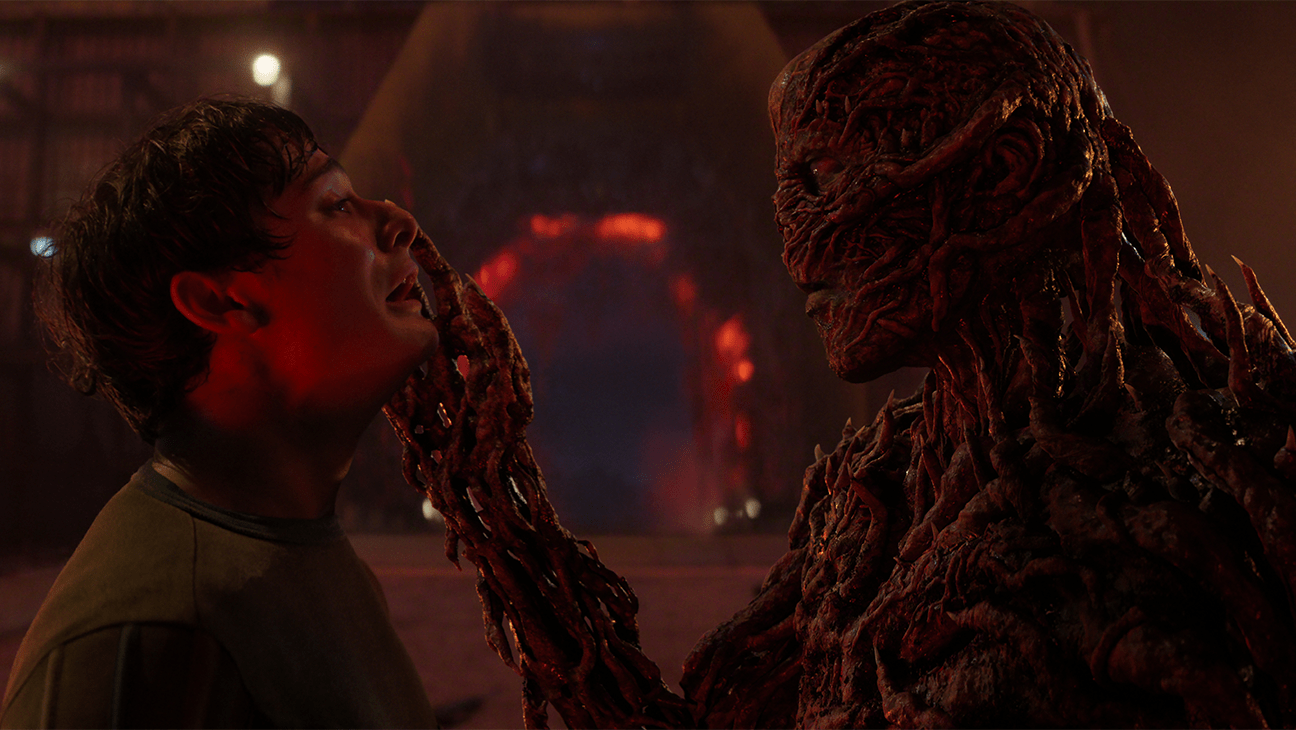Category: 5. Entertainment
-

JoJo Siwa Details ‘Excruciating’ Pain That Sent Her to Hospital
JoJo Siwa revealed she was briefly hospitalized prior to a Minnesota performance Friday after suffering “excruciating” stomach pain.
In a TikTok post Saturday, the singer discussed the ordeal that occurred hours before a Mall of…
Continue Reading
-

Could ‘Stranger Things’ be the next ‘Star Wars’-style franchise? The Netflix show has already earned $1 billion.
By Charles Passy
The streaming network released the fifth season of the popular series on Wednesday, with related projects also in the works
“Stranger Things” Season 5 premiered on Netflix just in time for Thanksgiving – and the…
Continue Reading
-

‘Secret’ behind King Charles’ shocking decision against Andrew exposed
The real reason behind King Charles’ surprise decision to take away his…
Continue Reading
-

Patton Oswalt Insights From Audible Special Black Coffee And Ice Water
Black Coffee and Ice Water
Audible
Comedian Patton Oswalt recorded a new standup special Black Coffee and Ice Water on July 11 and 12th 2025 at Audible’s Minetta Lane Theater in New York City and it has just been released as an Audible Original,…
Continue Reading
-

‘Landman’ Season 2 Episode 3: Craziest Moments and Burning Questions, From Andy Garcia’s Intimidating Return to a Gas Attack (and Tons of Sex Talk!) – Variety
- ‘Landman’ Season 2 Episode 3: Craziest Moments and Burning Questions, From Andy Garcia’s Intimidating Return to a Gas Attack (and Tons of Sex Talk!) Variety
- ‘If you provoke her, she’s going to explode’: Landman season 2 star Ali…
Continue Reading
-

Stranger Things Season 5 Vecna Endgame: Jamie Campbell Bower Interview
[This story contains major spoilers through Volume 1 of Stranger Things season five.]
Call him Lord Vecna. Call him Number One. Call him by his birth name, Henry Creel. Now, you can add one more moniker to the ever-growing list of names…
Continue Reading
-

Sabrina Carpenter laughs off painful tour moment in new video
Sabrina Carpenter laughs off painful tour moment in new video Sabrina Carpenter surely made countless memories on her Short n’ Sweet tour but not all of them were as sweet as the tour’s name.
After her 72-show…
Continue Reading
-

James Cameron Says It’s ‘Horrifying’ that AI Can ‘Make Up an Actor’
Safe to say James Cameron will never cast Tilly Norwood in a movie.
During a recent interview with CBS’ Sunday Morning, the director of “The Terminator” explained that even before the invention of generative AI, some Hollywood…
Continue Reading

